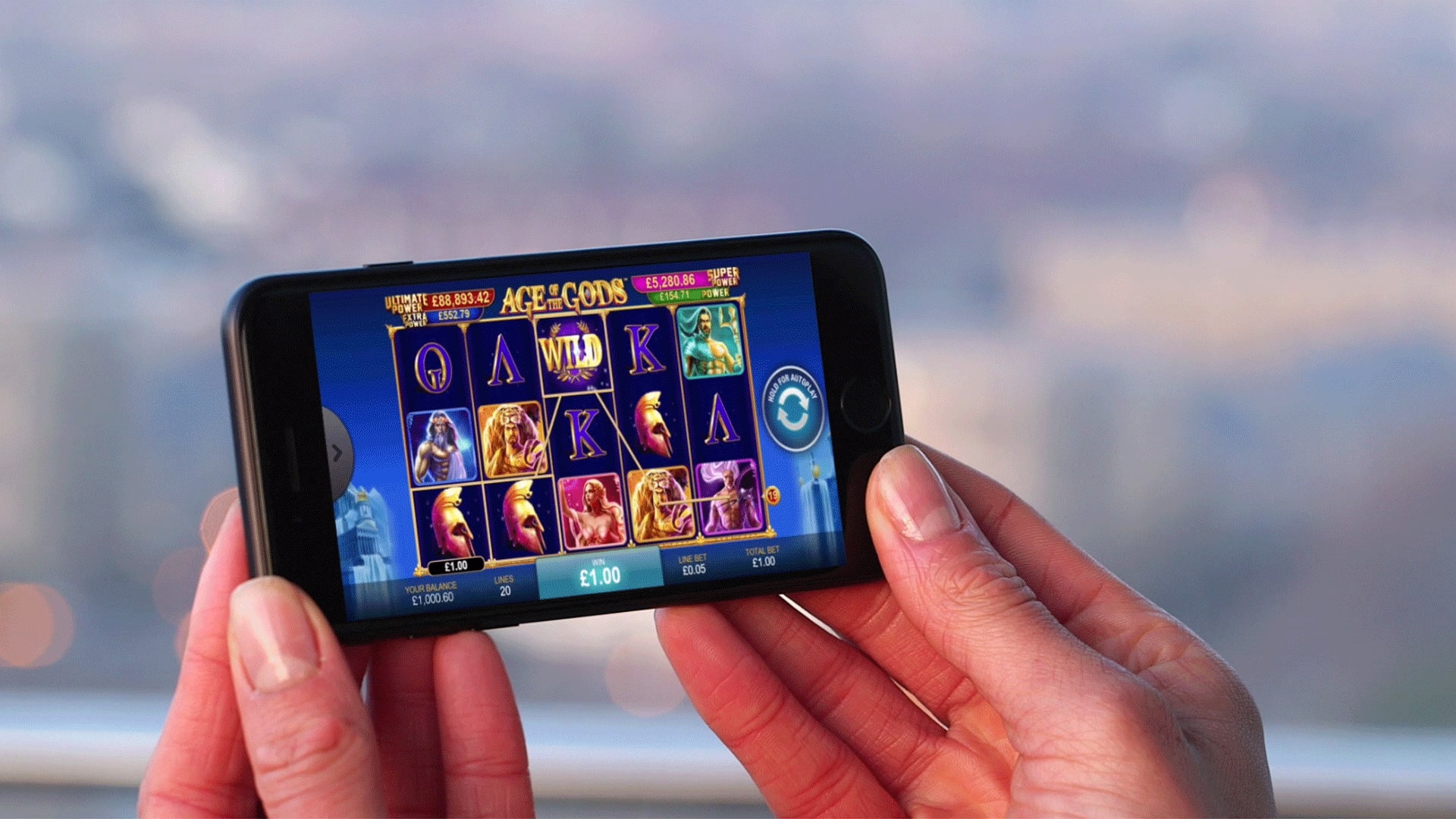Online gaming has evolved from a niche hobby into a massive global phenomenon that connects millions of players around the world. Whether it’s battling opponents in fast-paced shooters, teaming up with friends in multiplayer adventures, or solving intricate puzzles in strategy games, the online gaming world offers something for everyone. As technology continues to improve, the experience of playing games online becomes more immersive and expansive, attracting a diverse range of players RAJA189 LOGIN. But how has this trend shaped the world of gaming and social interaction? Let’s explore the multifaceted world of online gaming and its effects on individuals and society.
1. A New Era of Accessibility and Variety
One of the most significant advantages of online gaming is the level of accessibility it provides. Today, games can be played on various devices—from powerful gaming consoles and personal computers to smartphones and even smart TVs. This has democratized gaming, making it accessible to people from all walks of life, irrespective of their location or financial situation.
Online platforms like Steam, Xbox Live, PlayStation Network, and mobile app stores provide users with vast libraries of games in nearly every genre imaginable, from action and adventure to role-playing, simulation, and casual games. The constant influx of new titles means that players can easily find games that suit their preferences, skill levels, and schedules.
2. The Power of Multiplayer Experience
The most defining feature of online games is, without a doubt, their multiplayer component. Unlike traditional single-player games, online games allow players to interact with each other in real-time, either by teaming up to tackle challenges or by competing against each other for dominance.
Popular games like “Fortnite,” “Minecraft,” “League of Legends,” and “Valorant” have become staples of the gaming community, thanks to their competitive and cooperative elements. Multiplayer online games can offer a variety of experiences: you might work with strangers to defeat a powerful boss, forge lasting friendships, or engage in intense, cutthroat rivalries. This dynamic nature of play fosters a sense of camaraderie and competition that’s hard to replicate in offline settings.
3. Social Connections and Communities
Online gaming is not just about playing; it’s also about connecting. Many players use online games as a way to meet and interact with people from different backgrounds and cultures. Through voice chats, team-based gameplay, and community events, players can forge deep bonds with others who share their interests and passions.
In fact, for many gamers, the social aspect is just as important as the gameplay itself. Gaming communities, forums, and social media platforms like Discord, Reddit, and Twitch provide spaces for players to discuss strategies, share experiences, and create content. This has led to the rise of gaming influencers and streamers who, through platforms like Twitch and YouTube, have turned gaming into a form of entertainment that can be enjoyed even by those who don’t play.
Online multiplayer games often give rise to informal social groups or “guilds” that can last for years. Some gamers even meet in person, turning virtual friendships into real-world connections. In this sense, online gaming has blurred the boundaries between digital entertainment and real-life socialization, offering an inclusive, interactive space for people to come together.
4. The Competitive World of Esports
For some players, gaming is no longer just a casual pastime; it has become a professional career. The growth of esports has brought competitive gaming into the mainstream, with players, teams, and organizations competing for sponsorships, prize money, and fame.
Esports tournaments like “The International” (for Dota 2), “League of Legends World Championship,” and “Overwatch League” draw massive live audiences and online viewership, rivaling traditional sports events. The rise of esports has even led to the development of collegiate esports programs and professional leagues, allowing aspiring gamers to pursue careers as professional players, coaches, or analysts.
